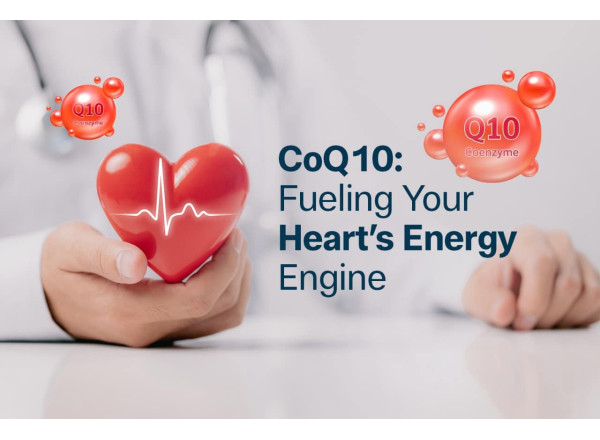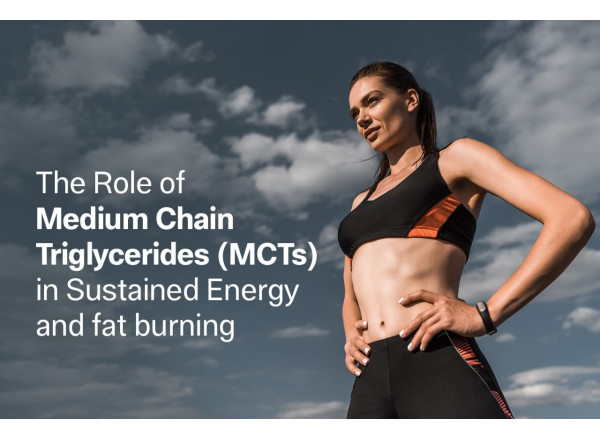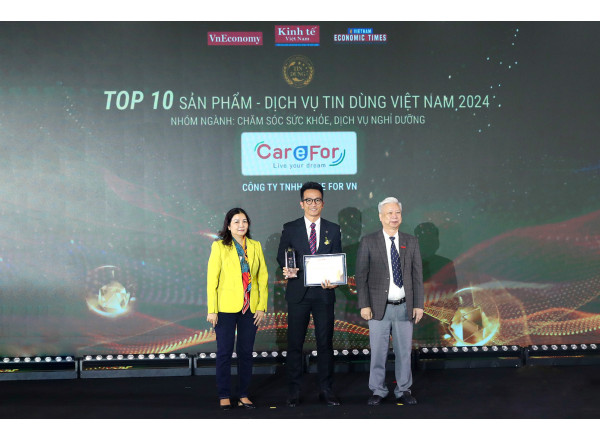Assessing matrix-specific IgG loss across 50–70 °C using an insulated mug
protocol
Abstract
Objective: Quantify IgG stability after 15 minutes in black coffee versus
hot water across common drinking temperatures, and determine whether
coffee constituents accelerate IgG loss beyond temperature alone. Design: Bench
study with duplicate coffee replicates at 50–70 °C and water controls at 50,
60, 70 °C; aliquots sampled at 15 minutes. Findings: Coffee exhibited a strong
temperature-dependent decline (slope ≈ -0.00461 %-IgG/°C, R² = 0.97), whereas
water was essentially flat (slope ≈ -0.00005 %-IgG/°C, R² = 0.04). At matched
temperatures, coffee contained approximately 95%, 81%, and 59% of the IgG
measured in water at 50, 60, and 70 °C, respectively, indicating a coffee
matrix effect.
Methods
Study arms: Coffee (50, 55, 60, 65, 70 °C; two technical replicates each)
and water control (50, 60, 70 °C). Protocol: Beverages were prepared in an
insulated double-wall mug; temperature verified immediately
prior to sampling; aliquots taken at T = 15 minutes. Analytics: IgG
quantified per the study guideline; outcomes summarized as %-IgG (w/w).
Comparisons: Coffee replicates averaged (±SD); linear models characterized
temperature response; coffee–water differences reported at matched temperatures.
Results
Coffee showed a near-linear decrease in %-IgG with increasing temperature
(R² ~ 0.97). Water controls remained stable from 50–70 °C (R² ~ 0.04 over three
points). At matched temperatures, coffee minus water (pp) was −0.013 (50 °C),
−0.049 (60 °C), and −0.105 (70 °C). Replicate variability (CV%) increased with
temperature (≈0% at 50 °C to ≈9% at 70 °C).
Conclusions
Coffee matrix constituents likely accelerate IgG degradation beyond heat
alone over 50–70 °C.
Heat-tolerant immune proteins: Independent bench testing shows that when
our IgG supplement is stirred into hot coffee, more than 80% of IgG remains
after 15 minutes at about 60 °C, and around 60% still remains even at 70 °C.
For best results, let your coffee cool slightly before stirring.
Further work: time-course kinetics, broader matrices (tea, milk, decaf),
and mechanistic assays (binding activity) to confirm causality.
Acknowledgements
Cawthron Laboratory in Nelson, New Zealand for temperature handling and
sampling followed the insulated-mug protocol as per the study guideline
(Research Design for IgG Stability in Hot Beverages).







